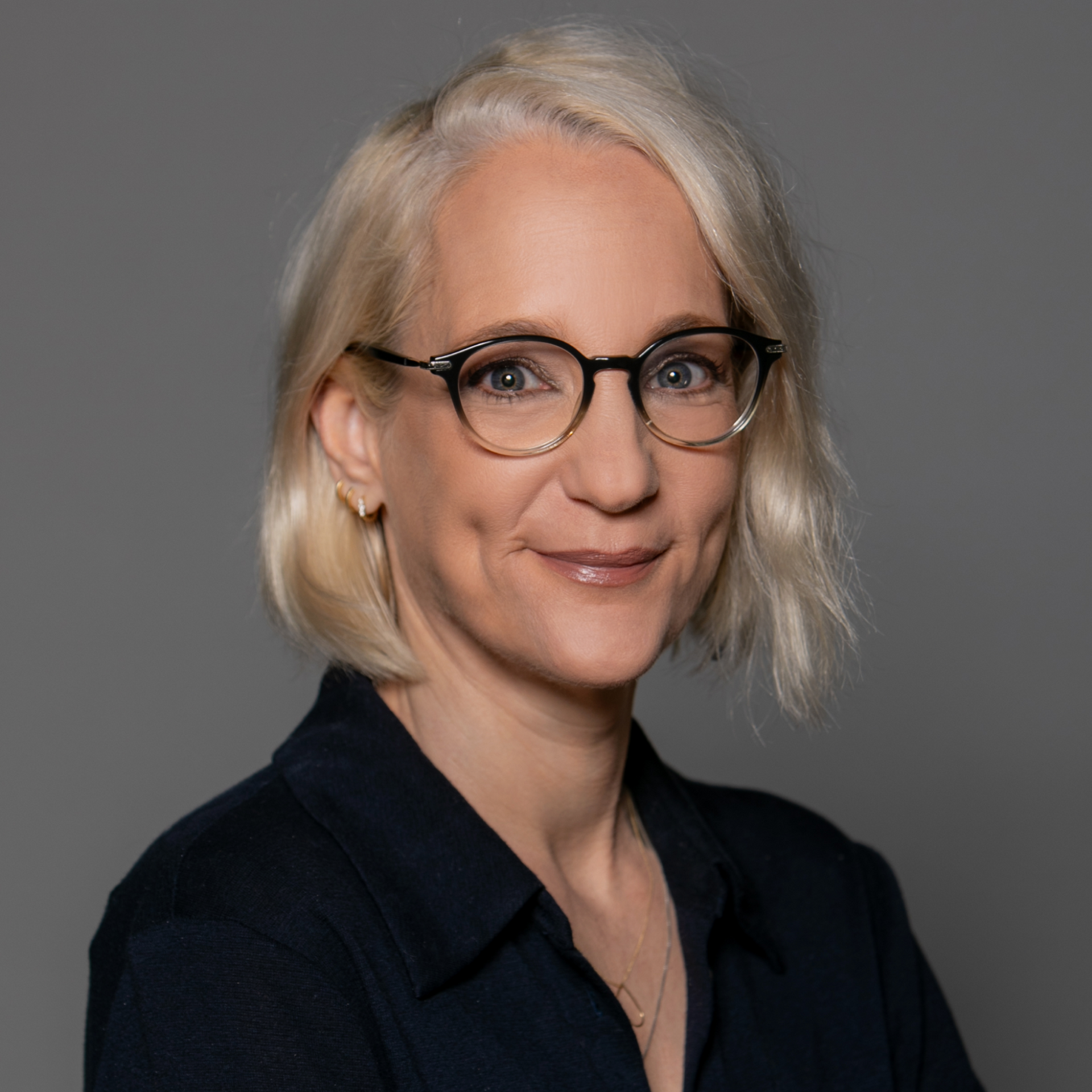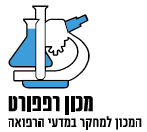
Or Alterman Barnea
Women Generating Change for our children and their future
Or Alterman Barnea is the co-founder and CEO of Safe Place, an organization dedicated to making culture and art accessible to neurodivergent children, including autism, anxiety, ADHD, and more. The organization's initiatives have transformed cultural experiences, making them accessible, inclusive, and meaningful for thousands of children and their families across Israel, while fostering a sense of belonging and self-worth.
As a young mother, Or founded the Mamazone mothers’ community, which grew to become Israel’s largest community for mothers. Through this platform, she developed community-driven solutions to alleviate the challenges of raising children and participated in public campaigns that improved parenting conditions and advanced the rights of families and children.
Later, as part of her social activism, Or joined the innovative municipal parents' movement Simu Lev Horim ("Pay Attention, Parents"). This parent-led initiative successfully enacted significant policy changes in Tel Aviv, prioritizing the well-being of children and families on the city's agenda.
When her youngest son was diagnosed with autism, Or encountered difficulties in finding suitable cultural activities for him. Rather than accepting this as a limitation, she decided to create a change. Together with Sharon Gavrielov, she founded Safe Place. Since 2018, the organization has operated nationwide, offering sensory and cognitive adaptations to plays, performances, museums, and cultural events. In April 2025, it will host its 7th annual festival—a unique, fully accessible theater festival.
Safe Place has evolved from a small initiative into a national and international leader in cultural accessibility. Today, thanks to its efforts, many families can enjoy high-quality cultural experiences in inclusive and accommodating environments, enabling meaningful engagement for every child.
Additionally, Or delivers lectures nationwide, promoting concepts of equality and accessibility. She emphasizes an affirmative approach that advocates accepting children with special needs as they are, without seeking to change or conform them to societal expectations.



